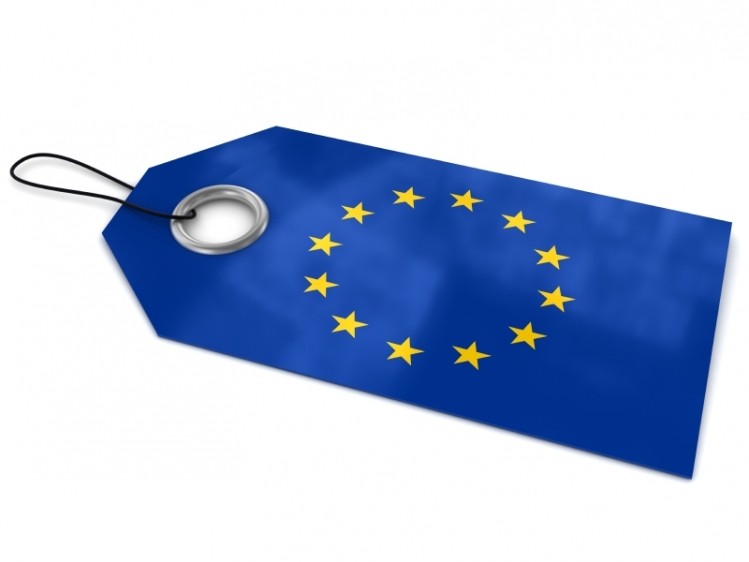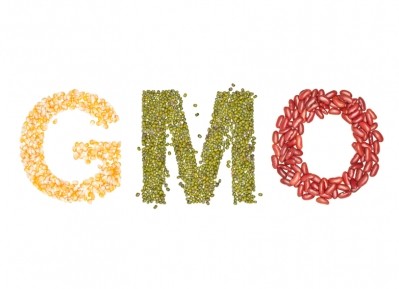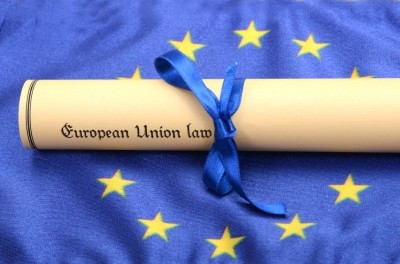'The status quo is not sustainable’ - Andriukaitis briefs MEPs on GM proposal

At an extraordinary meeting of the environment, public health and food safety (ENVI) committee, he told MEPs the Commission is delivering on its mission to review the existing decision making process so the member states will have more freedom of choice.
He said the proposal was prompted by the current challenges around the authorization procedure for GMOs in the EU and the voting dynamics of the past four years:
“Since 2003, none of [the] 67 GM food and feed [crops] has succeeded in attracting a qualified majority either in favor or against the draft authorization at the time of voting by the member states.
To put it simply, in four years member states could not draw the line between yes or no for GMOs, de facto leaving it to the Commission to decide.
This situation reflects the polarized views of member states as regards GMOs, irrespective of their safety as demonstrated by EFSA, and despite the fact that the EU is dependent on imported protein crops to feed livestock.”
He said many of the member states that abstained or voted against GMOs invoke ‘national political reasons’ and the negative perception of their citizens towards such crops.
“Consequently, the Commission had to take the responsibility to adopt the decision of authorization – to fulfil its legal obligation in the absence of a clear majority,” said Andriukaitis
The time has now come, he said, to acknowledge that the status quo “is not sustainable”, and that there is a need to find a mechanism that works to avoid further confrontation.
Alternative routes
Other options explored by the Commission, said Andriukaitis, show major shortcomings.
Changing the Comitology Regulation only for GMOs, he said, could not be justified and would have been discriminatory: “The Comitology procedure sets out the rules on how decisions are taken and allows thousands of implementing measures to be adopted smoothly and without contention in a wide range of policy areas.”
Meanwhile, he said the option of changing voting rules was not possible either as they are set in a way to ensure democratic balance between the respective weights of the 28 countries.
Giving member states the competence to decide on GMO authorization also would not be tenable, as it would mean accepting different safety levels throughout the EU, he argued.
“This is why the review of the decision-making process for the authorization of GMOs as food and feed concluded that the most appropriate approach would be to extend the provisions of the new Directive on GMO cultivation to GM food and feed that this Parliament has recently approved,” said Andriukaitis.
In essence, member states would be given the possibility to restrict or prohibit the use of authorized GMOs in food or feed on their territory on compelling grounds other than health and protection of environment which are already assessed by EFSA.
“Let me also stress that the use of compelling grounds by the member states is compatible with the single market rules. Indeed, the Treaty foresees the possibility to derogate to the single market for ‘overriding reasons of public interest’,” said the Commissioner.
He said member states that decide to ban the GMOs will be responsible for paying particular attention to the impacts of their decisions, particularly on the socio-economic circumstances, job creation and growth as well as livelihoods of farmers and operators.
“Therefore I would like to ask everyone to play fair here,” he added.
Feed industry opposition
But, in a speech at the AGM of the EU Federation of Feed Manufacturers (FEFAC) in Cologne last week, that trade group’s president, Ruud Tijssens, was forthright in setting out the reasons for the EU feed and livestock sectors’ opposition to the legislation:
“This step back to the 'dark ages', before the creation of the internal market, will not only disrupt international trade, but will, in addition, lead to discrimination of livestock farmers and destroy the functioning of the single market for agricultural products.
Should this legislation ever come to pass, this will compromise all efficiency gains by the EU feed and livestock sector and remove legal certainty for economic actors willing to make important investments to modernize our livestock production.
The EU depends on imports for 75% of its protein-rich feed ingredient needs. This is 30 to 35 million tons per year, mainly soybean meal, for which there is no viable alternative.
It remains a mystery to all trading partners, including the countries exporting feed materials to the EU, how the EU can pursue its main political goal of fostering economic growth and job creation, while proposing to carve up its single market on agricultural trade into 28 pieces again.”
And he called on the feed industry to increase the awareness among policymakers that the proposal will knock-out the entire sector in ‘opt-out’ countries by their losing market access to protein-rich feed ingredients.












